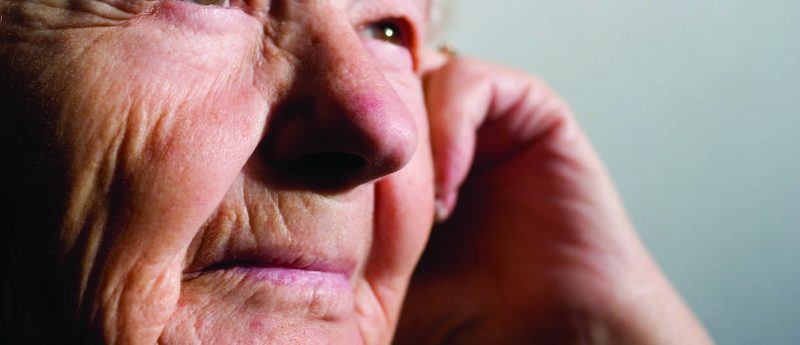Human cells rejuvenated to a youthful state with transiently expressed proteins

By expressing Yamanaka proteins in human cells, researchers have turned back the biological clock.
Researchers from Stanford University (CA, USA) have reverted cells back to a younger state by transiently expressing the well-known Yamanaka factors.
The study, described in Nature Communications, has the potential to revolutionize the regenerative medicine field and treat age-related conditions. Aging populations and age-related conditions are an increasing concern for countries across the globe and so the ability to rejuvenate patients could cause a significant impact, offering hope to many.
The team treated old human cells with the reprogramming factors in vitro and demonstrated a dramatic reversal in age, as defined by several key characteristics. Rejuvenated cells were compared to both young and old cells and were closer to their younger counterparts in how they were able to sense nutrients, metabolize compounds and dispose of cellular waste.
The reversal in age-related changes was also present on a genetic level, with the loss of methyl groups that are normally associated with aging.
“When induced pluripotent stem cells are made from adult cells, they become both youthful and pluripotent,” explained Vittorio Sebastiano, Assistant Professor of Obstetrics and Gynecology (Stanford University).
“We’ve wondered for some time if it might be possible to simply rewind the aging clock without inducing pluripotency. Now we’ve found that, by tightly controlling the duration of the exposure to these protein factors, we can promote rejuvenation in multiple human cell types.”
As well as the cellular alterations, the team demonstrated that regenerated muscle cells obtained from elderly mice were able to bestow increased strength when retransplanted back into their aged donors.
Incredibly, the team also showed that in human samples they were able to reduce the inflammation produced by cells derived from the cartilage of osteoarthritic individuals, suggesting huge potential for the treatment of arthritis.
The concept was born from the knowledge that inducing pluripotency in cells caused them to undergo a transition that restores them to an earlier stage of development. By utilizing the Yamanaka factors — SOX2, c-MYC, OCT4 and KLF4 — as well as other factors known to collaborate to produce induced pluripotent stem cells, and fine-tuning the length of their expression, the team believed they could rejuvenate cells.
While this research is still in the early phases and needs fine-tuning and testing with various tissues, such an anti-aging effect could have great promise in treating a range of conditions.
Sources: Sarkar T, Quarta M, Mukherjee S et al. Transient non-integrative expression of nuclear reprogramming factors promotes multifaceted amelioration of aging in human cells. Nat. Commun. 11, 1545 (2020); www.med.stanford.edu/news/all-news/2020/03/old-human-cells-rejuvenated-with-stem-cell-technology.html
Have any additional questions about this story? Ask us in the comments, below.
Find out more in these top picks from the Editor:
- Combination gene therapy could tackle aging
- Could anti-aging therapy utilize new CSB protein result?
- Stem cells from young hearts could reverse ageing in old hearts